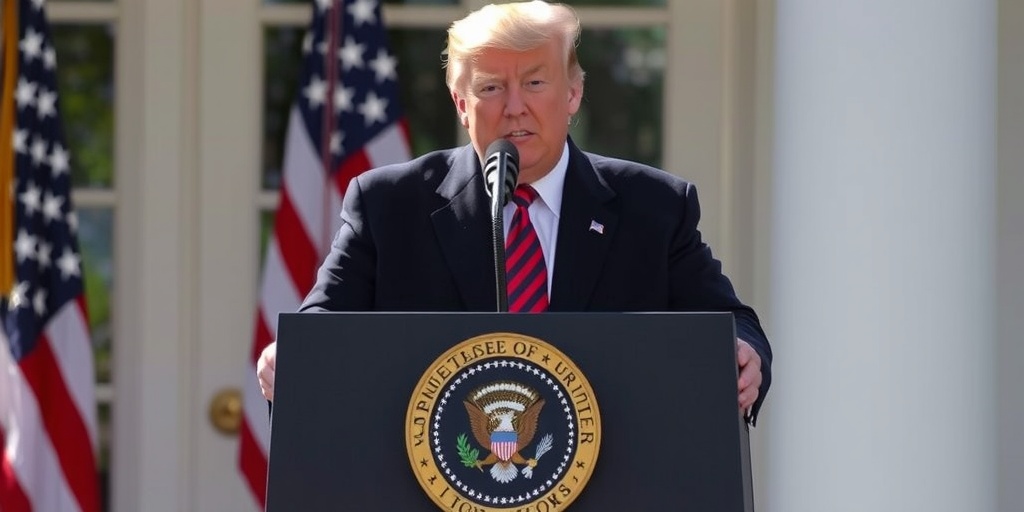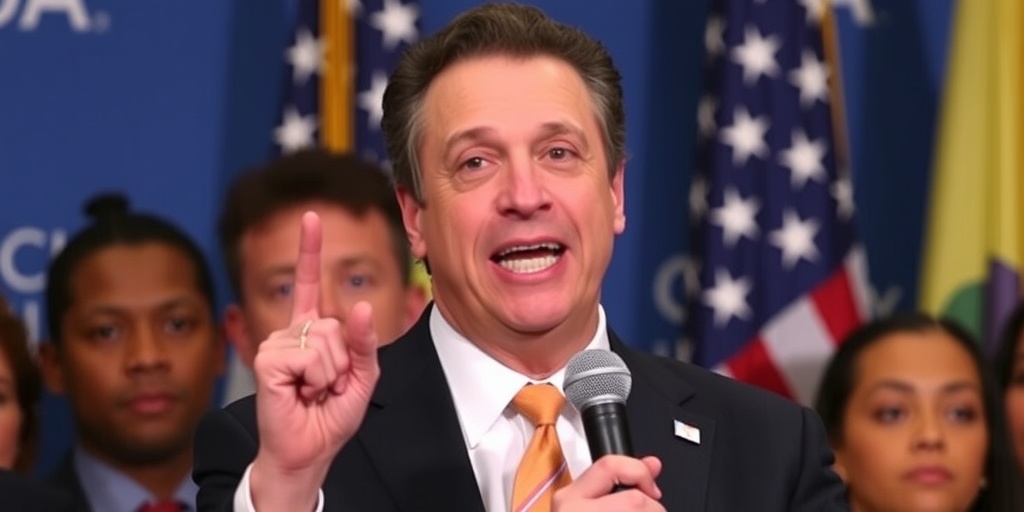Now Reading: Errors Force DOGE to Cut Billions from Savings
-
01
Errors Force DOGE to Cut Billions from Savings
Errors Force DOGE to Cut Billions from Savings

Title: Turmoil Surrounds Elon Musk’s Government Efficiency Initiative as Major Savings Claims Emerge as Fabricated
In a dramatic turn of events, Elon Musk’s Department of Government Efficiency (DOGE) has come under intense scrutiny after the revelation that it deleted hundreds of claims from its controversial “wall of receipts,” erasing an alarming $4 billion from its reported savings for U.S. taxpayers. Late Sunday night, the organization altered or removed over 1,000 contracts from its list of cancelled agreements, which represents more than 40% of the contracts displayed on its site just a week prior. This action has raised significant questions about the credibility of DOGE’s assertions, particularly given that five of the seven largest savings claims were among those deleted.
Initially, the DOGE claimed to have saved taxpayers a staggering $16 billion since the listing was posted on February 19. However, this number has continually fallen as the initiative struggles to provide accurate information about the contracts it managed to cancel. As of now, the total savings cited has plummeted to less than $9 billion, and drops on the data-rich wall continue to highlight the initiative’s alarming mismanagement of public funds.
The “wall of receipts” serves as a dubious public record of the cuts that Mr. Musk asserts have been imposed on government spending, making it increasingly difficult to corroborate his boastful claims that more than $100 billion has been saved for taxpayers. Critics note that the lack of transparency in how these numbers were calculated raises concerns regarding the integrity of the initiative. Experts in contracting and budgeting have expressed serious worries about what they see as systemic errors throughout the documentation being presented to the public.
Since its inception, DOGE has faced accusations of confusion and inaccuracies, with claims conflating billions with millions, double or even triple counting contract cancellations, and even taking credit for contracts that had already expired years, if not decades, prior to the current initiative’s launch. These mistakes have led to broader questions about the group’s fundamental understanding of the federal government’s contracting processes at a time when serious reforms are purportedly in the works.
Jessica Riedl, a senior fellow at the Manhattan Institute, commented on the chaos surrounding the reporting, stating, "Overall, there’s a certain randomness to it. It appears that DOGE just had certain agencies compile arbitrary lists of contracts that may or may not exist, and without proper vetting, uploaded this data onto a website, summing total amounts erroneously and without coordination."
In light of ongoing reports of errors, both DOGE and the White House have failed to respond to inquiries regarding the nature of the deleted contracts. Moreover, in response to mounting scrutiny, the group has added language to its website that shifts accountability to individual federal agencies, arguing that the figures presented originate directly from agency contracting officials.
Among the most significant deletions from DOGE’s claimed savings are several high-profile contracts:
-
IRS Contract Cancellation: Initially claimed to provide $1.9 billion in savings from canceling an Internal Revenue Service contract meant for technical assistance, this entry has now vanished from the wall of receipts. Investigative reports revealed that the contract was actually terminated in November, during President Biden’s administration and not under Musk’s influence.
-
Health and Human Services Contract: Another startling removal included a $149 million savings claim related to canceling a contract for three administrative assistants at the Department of Health and Human Services. Upon further examination, this entry, rife with significant errors, contained links to unrelated contracts and was based on flawed data that was subsequently highlighted by The New York Times before disappearing entirely from the site.
- USAID Contract for Libya: The group at one point cited $133 million in savings by canceling a contract with the U.S. Agency for International Development for work in Libya. However, further investigation showed that Chemonics International, the contractor involved, had announced the end of its work on this project last year—long before DOGE’s savings claim was made.
Despite the recently made deletions, some inaccuracies persist on DOGE’s website. Notably, one particular claim remains where the group asserts $106 million in savings from canceling Coast Guard contracts for administrative support—an assertion that federal procurement records contradict, showing that these contracts were fully completed during George W. Bush’s presidency in 2005 and 2006.
The ongoing saga of Musk’s Department of Government Efficiency raises profound questions about oversight, accountability, and the integrity of governmental financial management in the U.S. With Musk’s administration seemingly ill-prepared to deliver on its promise of increased efficiency, detailed scrutiny will be required to ensure taxpayer funds are not mismanaged in the future. As the situation continues to evolve, it will undoubtedly remain a central point of discussion and concern among analysts, lawmakers, and the citizens whose interests are at stake.
Stay Informed With the Latest & Most Important News
Previous Post
Next Post
-
 01New technology breakthrough has everyone talking right now
01New technology breakthrough has everyone talking right now -
 02Unbelievable life hack everyone needs to try today
02Unbelievable life hack everyone needs to try today -
 03Fascinating discovery found buried deep beneath the ocean
03Fascinating discovery found buried deep beneath the ocean -
 04Man invents genius device that solves everyday problems
04Man invents genius device that solves everyday problems -
 05Shocking discovery that changes what we know forever
05Shocking discovery that changes what we know forever -
 06Internet goes wild over celebrity’s unexpected fashion choice
06Internet goes wild over celebrity’s unexpected fashion choice -
 07Rare animal sighting stuns scientists and wildlife lovers
07Rare animal sighting stuns scientists and wildlife lovers





















